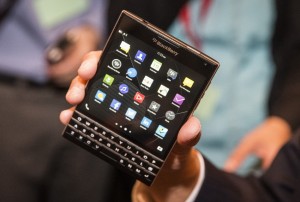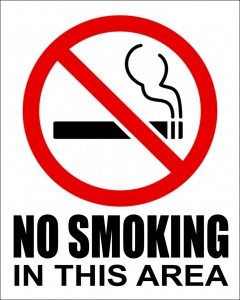The exponential growth of e-commerce throughout the past few years has put pressure on physical stores and shopping centres. Many customers have been persuaded to purchase items online due to the lower prices and greater selection only achievable by an online store-front. Suffering from the shift of customers to online shopping, malls and big-box retailers have decided to offer more entertainment and digital attractions in hopes catching the attention of the consumers. For specifically, Cadillac Fairview Corp., one of Canada’s largest mall owners, has made drastic changes and plans to double its marketing spending to study ways to attract their customers.
I think that it is inevitable for online markets to gain popularity because they take advantage of the cost leadership strategy by offering a greater selection of products at lower prices and attainable from anywhere in the world. Clearly, shopping centres, such as Cadillac Fairview Corp, are taking a different approach by offering more in-store entertainment to customers because they simply cannot beat the prices of online stores where costs of maintenance and hiring staff are drastically minimized. It is hard to say whether consumers will weigh entertaining environments over price and selection, but it is definitely a refreshing improvement that cannot be offered by e-commerce. Furthermore, consumers, especially the elderly, will always prefer the conventional method of shopping. Thus it is safe to assume that physical shopping centres are here to stay but is in need of drastic improvements to stay up with e-commerce.
Website link: http://www.theglobeandmail.com/report-on-business/industry-news/marketing/online-shopping-forces-malls-to-evolve-and-keep-customers-coming-back/article20777568/


